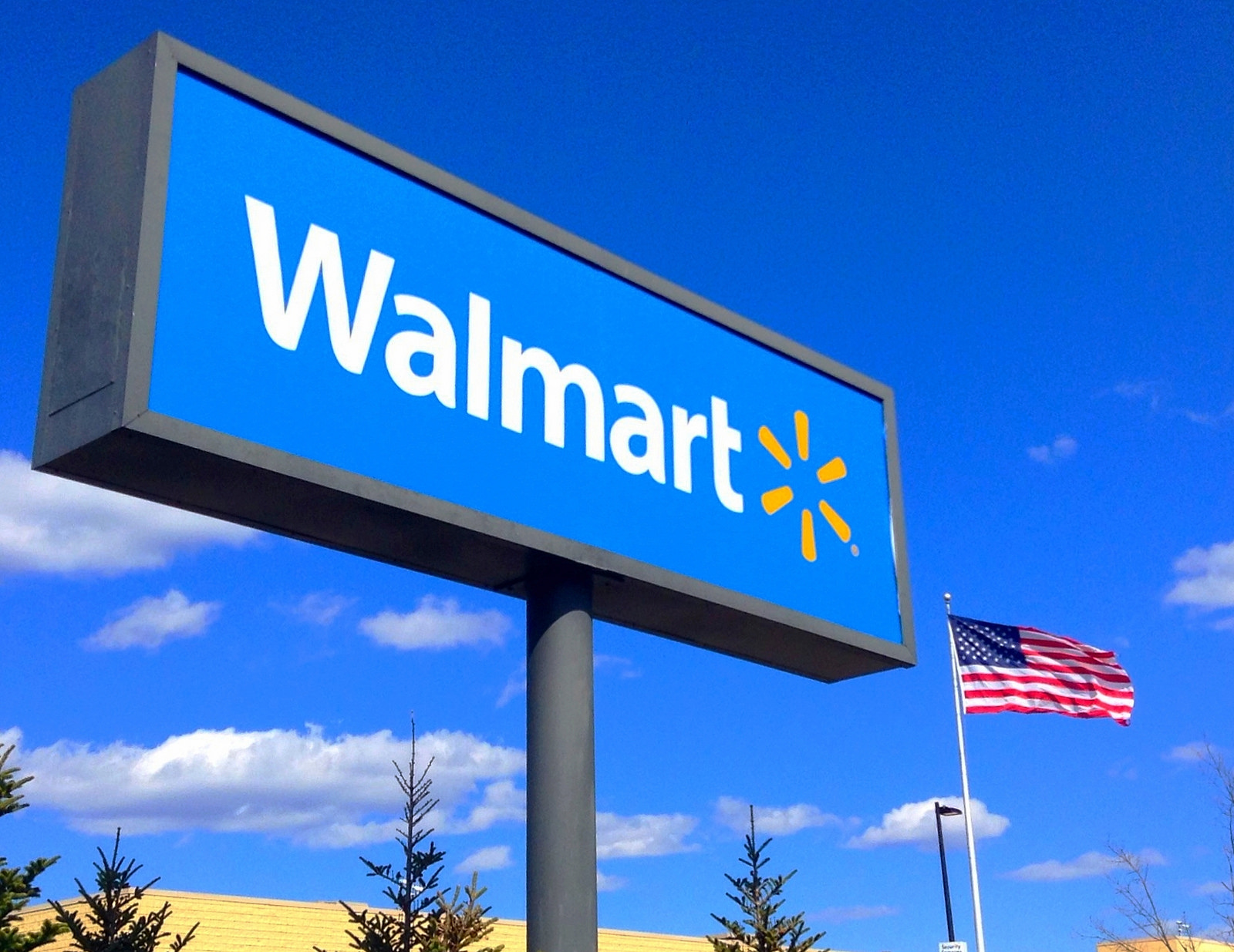 NEWS
NEWS
 NEWS
NEWS
 NEWS
NEWS
Distributed ledger blockchain technology may be be known for its original use for powering bitcoin and more recently for its financial technology implementations. Now, it’s being applied to supply chain management and tracking.
IBM Corp. and retailing giant Wal-Mart Stores Inc. have teamed up to utilize the blockchain to track Walmart’s pork supply chain in China. Using technology designed by the open source Hyperledger Project, software that builds blockchain tools, and run in conjunction with a private database co-developed by IBM, Walmart’s blockchain implementation is able to track pork as it moves from the farm to the shelves. It’s also being tested as a way to track packaged goods in the U.S. as well.
The use of the blockchain to track goods all comes down to product safety and the ability to identify and remove items that have been recalled. Currently, if a consumer becomes ill as a result of tainted food, a retailer or manufacturer can take days to track down the source of the product. By contrast, a blockchain based platform data can be easily tracked from the point of origin to the consumer themselves, allowing Walmart to identify items that need to be recalled and more importantly where the product issue may have occurred.
“It gives them an ability to have an accounting from origin to completion,” NDP Group analyst Marshal Cohen told Bloomberg. “If there’s an issue with an outbreak of E. coli, this gives them an ability to immediately find where it came from. That’s the difference between days and minutes.”
The technology is a step forward from current tracking methods such as barcodes and RFID tags, with IBM Global Supply Chain lead Paul Chang telling Fortune:
“The missing piece was a shared forum where companies could begin to see each others’ transactions and develop trust. That missing piece is something like the blockchain.”
Information stored on the blockchain, where fraud and inaccuracies are much harder to get away with, includes details related to farm origins, factory data, expiration dates, storage temperatures, and shipping. “We can eliminate layers that exist today that add very little value to the industry.”
Walmart Vice President of Food Safety Frank Yiannas explains that it’s an effeciency measure as well, in that it allows the company to pull a tainted package off store shelves where the tainted product is stocked, versus the current practice of recalling that product from all stores.
“With blockchain, you can do strategic removals, and let consumers and companies have confidence,” he said. “We believe that enhanced traceability is good for other aspects of the food systems. We hope you could capture other important attributes that would inform decisions around food flows, and even get more efficient at it.”
Support our mission to keep content open and free by engaging with theCUBE community. Join theCUBE’s Alumni Trust Network, where technology leaders connect, share intelligence and create opportunities.
Founded by tech visionaries John Furrier and Dave Vellante, SiliconANGLE Media has built a dynamic ecosystem of industry-leading digital media brands that reach 15+ million elite tech professionals. Our new proprietary theCUBE AI Video Cloud is breaking ground in audience interaction, leveraging theCUBEai.com neural network to help technology companies make data-driven decisions and stay at the forefront of industry conversations.